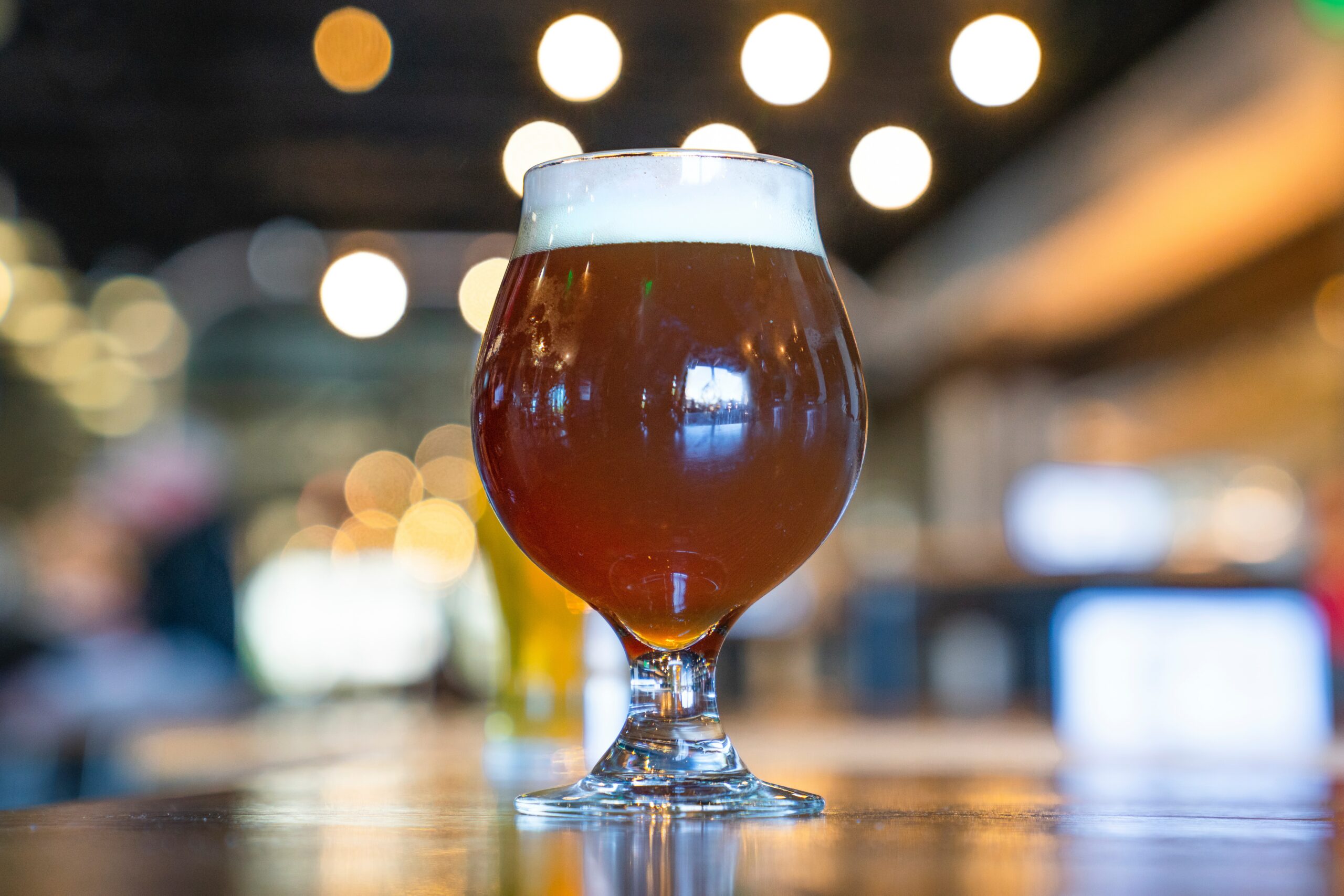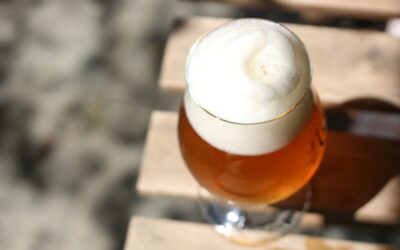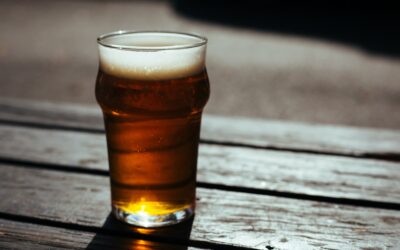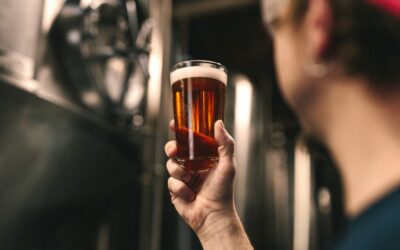For now we are including only one but more are bound to come.
Bière brune
Regular French Bière Brune (4.0-6.5% ABV) differs from its English counterpart by being less sweet and a lot more estery, with bigger roasted, coffee, chocolate and liquorice flavours. Traditionally a specialty of northern and eastern France, the best-known brand is Pelforth, from Alsace, which although considered in France to be an everyday drinking beer comes in at the top of the range strength-wise.





